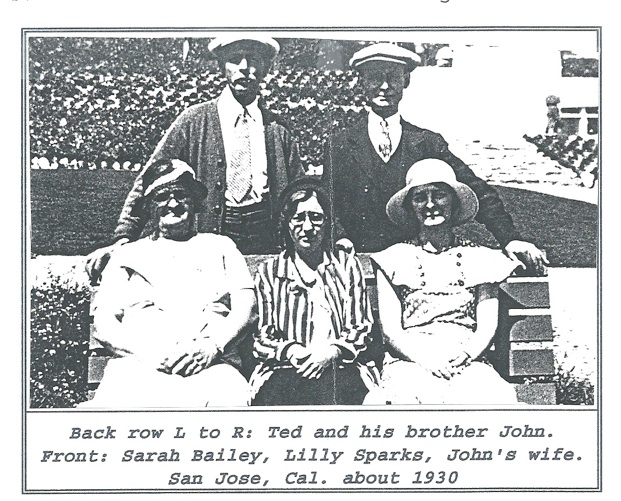


Instead, he recognized Mozart’s musical genius with a papal knighthood, making Mozart a Knight of the Order of the Golden Spur.Īllegri, Miserere – King's College Chapel Choir When Pope Clement XIV heard about Mozart's transcription of Miserere he did not condemn the boy for violating his decree. Moreover, as it is one of the secrets of Rome, we do not wish to let it fall into other hands." – Leopold Mozart, in a letter to his wife, April 14, 1770 But the manner of performance contributes more to its effect than the composition itself. Wolfgang has written it down and we would have sent it to Salzburg in this letter, if it were not necessary for us to be there to perform it. "You have often heard of the famous Miserere in Rome, which is so greatly prized that the performers are forbidden on pain of excommunication to take away a single part of it, copy it or to give it to anyone. Historians do know, however that Mozart’s father seemed determined to abide by the pope's decree. His transcription may have even contributed to the published versions appearing all over Europe the next year. By creating a manuscript of the music, Mozart violated a papal edict protecting it. Miserere was one of the most safely guarded works of art in Europe, and performers were prohibited from taking the music outside the Vatican. He created the manuscript without the pope’s permission and then returned to the Sistine Chapel two days later on Good Friday - Friday the 13th - to hear the piece again and make corrections to his manuscript. Within hours after hearing the piece, Mozart created a manuscript of Miserere from memory. The Catholic church had printed only three copies of the piece and had restricted performances to Holy Week services in the Sistine Chapel. While traveling through Italy with his father, he found himself at the Vatican during the days preceding Easter, and he heard a performance of the legendary work of vocal music titled Miserere. In 1770, Wolfgang Amadeus Mozart was a fourteen-year-old prodigy who had been touring Europe as a performer since the age of six. There is not a famous master whose music I have not industriously studied through many times." –Wolfgang Mozart, in a letter to a friend (attributed) I assure you, dear friend, nobody has devoted so much time and thought to composition as I.

"People err who think my art comes easily to me.


 0 kommentar(er)
0 kommentar(er)
